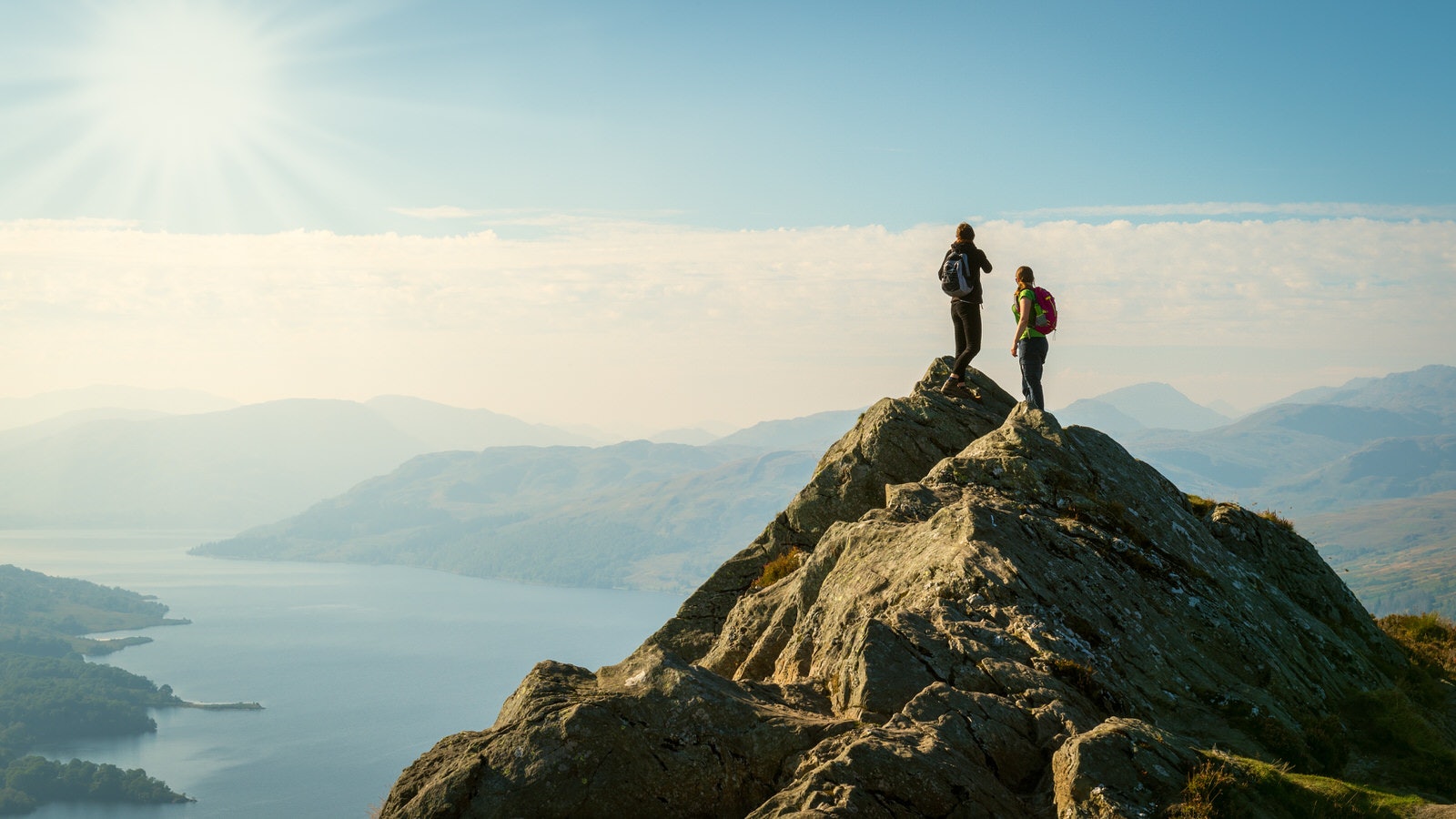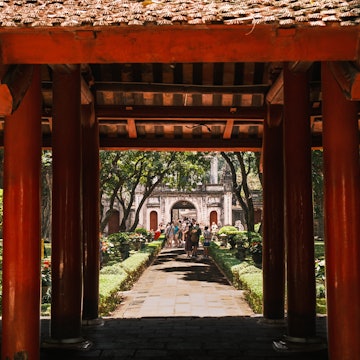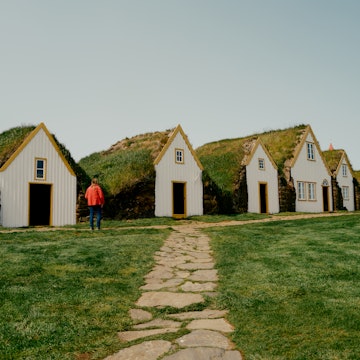

Travel can help you to see the bigger picture when grieving © Emma Sparks / Lonely Planet
Whether it’s the novelty of new experiences, overcoming challenges on the road or connecting with people from different cultures, travel has the power to make us feel good. Experiencing the world from a new perspective is known to boost emotional well-being and is often touted as a remedy for heartbreak and depression. But what about grief?
A ‘griefcation’ won’t cure the pain you feel after the death of a loved one, but meaningful travels might help you cope. Since losing my dad at 17, travel has helped me in myriad ways, here are just a few of them.

Travel gives me a sense of purpose
When the future you thought you’d have is snatched away, it’s natural to feel lost. There is no map in the world that will get you back to where you want to be. Eventually, a sense of normality resumes – the world keeps turning, despite everything – but grief doesn’t just disappear. It’s a lifelong journey, full of ups, downs, emotional dead ends and long, lonely roads; sometimes you feel like you’re getting somewhere, only to end up back where you started.
After a while spent drifting on autopilot, I decided to listen to my inner GPS. I needed something to aim for, to shake off my sorrow. Working on a barn restoration project in rural Provence kept my body busy and mind distracted; solo travel across multiple continents saw my self-worth soar; and my continuing pursuit of the world’s most breathtaking landscapes reminds me that life, however painful it can be, is undeniably beautiful.

Travel keeps my worries and fears in check
I was a terrible worrier as a child. After the loss of a close family friend it got worse, and separation anxiety saw me miss countless discos and sleepovers in favour of staying close to my parents. I grew out of that, but after my dad’s fatal car accident my nerves frayed for good. I am forever on high alert – particularly when it comes to transport, which makes travel interesting...
So what to do with a new, irrational fear of death? I decided to force it into submission on turbulent flights, cliff-top bus journeys and perilous boat rides, of course. It might seem counterintuitive, but the more I expose myself to the things I fear, the better I am at handling the heart-pounding, mind-racing ‘what-ifs’ that lurk behind my otherwise positive outlook.
On the bright side, missed trains and lost passports don’t bother me at all – trivial concerns simply aren’t worth stressing over anymore.

Travel strengthens my support network
Relaxation, good food and amazing views – key components of any holiday – can do wonders for the bereaved. Time away from old haunts and everyday routines makes space for processing buried feelings and focusing on healing, consciously or subconsciously.
Over the years, I’ve found trips with close friends and family to be particularly fortifying; tipsy heart to hearts, shared special moments and a perfectly timed hand squeeze when the inevitable ‘I wish he was here’ moments arise can be cathartic and deepen bonds. Making new, joyful memories with people you care about is an essential part of moving on – so why not make them in Paris, Perth or Peru?

Travel can be a fitting tribute
The anniversary of Dad’s accident brings with it poignant memories and a reminder of how long it has been since he made me laugh. In 2015, with the 10th anniversary looming, I decided to do something to honour him. He’d always been fascinated with mountains, so I briefly pondered trekking to Everest Base Camp before regaining my senses (sort of) and settling on the Three Peaks Challenge, a race to summit the highest mountains in Scotland, England and Wales in just 24 hours.
Raising money for charity in Dad’s name and training for the feat ahead provided the perfect distraction during a difficult time – and I felt more fit and focused than I had in years. While the challenge itself was exhausting (almost getting lost on Scafell Pike at 3am in horizontal, pelting rain was particularly tough), when I dragged my blistered feet and jelly legs to the summit of the third and final mountain, Mount Snowdon, on the drizzly dawn of my least favourite day of the year, I felt immense pride. And I knew Dad would be proud of me too.

Travel eases existential woes
When you experience a trauma, the world ceases to make sense. Why me? Why now? What’s the point of it all?
I don’t have the answers to these questions, although I suspect it’s all just luck of the draw. Over time, as I came to terms with my dad’s death, I realised there was a far more pressing question to ask myself: how are you going to make the most of the rest of your time on Earth?
You can’t live every day like it’s your last – if I did I’d be broke, exhausted and probably in prison – but you can do what makes you truly happy as often as possible. In fact, I feel a duty to do so. For me, that means embracing the unpredictable: traversing unfamiliar landscapes, trying weird and wonderful foods, and putting trust in strangers; it means skydiving in Hawaii, snorkelling in Fiji and sleeping under the stars in Australia; getting lost on mountains and going backpacking with my mum. Ultimately, it means seizing the day – because life is short and there is so much I still want to see.






















